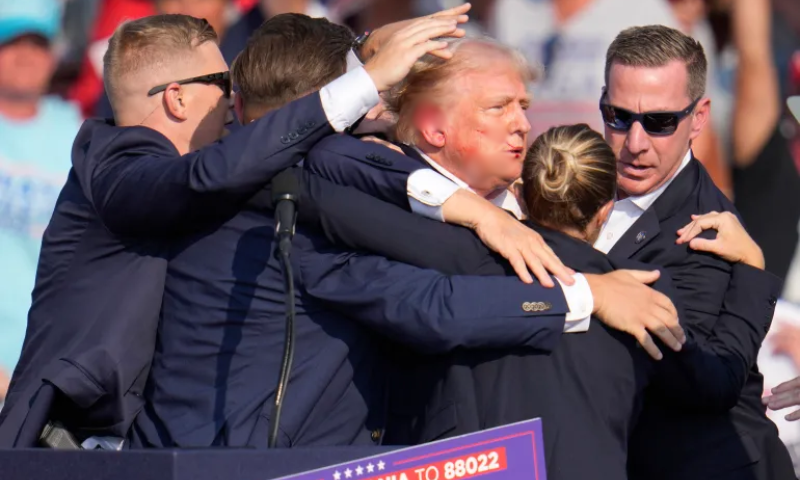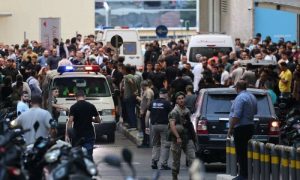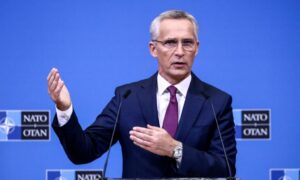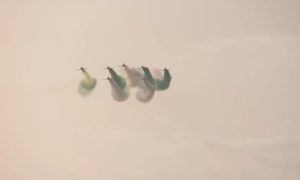MOSCOW: The Kremlin has strongly condemned political violence following an assassination attempt on former US President Donald Trump during a campaign rally, which resulted in the death of the attacker and a bystander, with two other spectators critically injured.
Dmitry Peskov, spokesman for the Kremlin, emphasized Russia’s stance against any form of violence in the context of political competition during a telephone press conference on Sunday.
“We strongly condemn any example of violence in the context of political competition,” Peskov stated. He expressed condolences to the family of the victim killed in the attack and wished a speedy recovery to those injured.
The assassination attempt on Trump, who was struck in the ear, occurred during a campaign event on Saturday. The incident has sparked international concern and condemnation, with political leaders and organizations across the globe expressing solidarity with Trump and denouncing the act of violence.
While acknowledging the attack as predictable due to previous legal and political challenges faced by Trump, Peskov clarified that Russia does not believe the attempt was orchestrated by the current US administration.
Maria Zakharova, spokeswoman for Russia’s foreign ministry, directed a pointed message at the United States regarding its foreign policy actions, particularly in supplying weapons to Ukrainian President Volodymyr Zelensky amid Russia’s military actions in Ukraine.
Zakharova urged Washington to reassess its policies, suggesting that funds allocated for international support be redirected towards domestic law enforcement to maintain order within the United States.
The Kremlin’s condemnation of political violence comes amidst ongoing international scrutiny over Russia’s treatment of political dissidents and opposition figures. Critics have pointed to the recent death of prominent Russian opposition leader Alexei Navalny in February, which raised suspicions of foul play despite official denials by Russian authorities.























